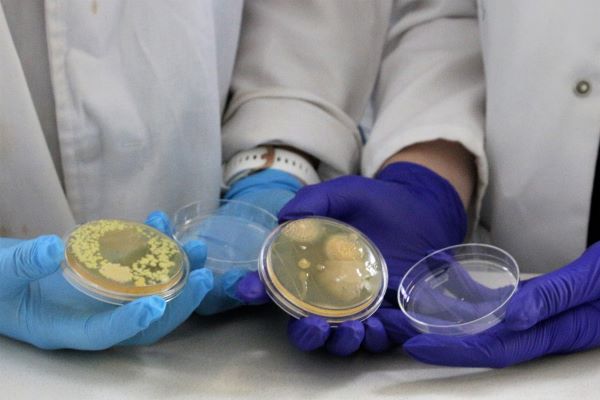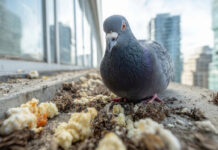The World Federation for Animals (WFA) has this week been welcomed onto the World Health Organization (WHO) Civil Society Task Force on Antimicrobial Resistance (AMR). WFA joins representatives from 81 organisations who are leading and/or actively involved in AMR-related issues.
WFA’s participation on the Task Force will be led by its Global Health Policy Manager, Dr Masika Sophie, a recognised expert in One Health and AMR. She will represent WFA and its over 75 member organisations, elevating the role that positive animal welfare plays in addressing the rising threat of AMR.
The WHO lists AMR among the top global health threats, predicted to cause 10 million deaths by 2050. The link between farmed animal welfare and AMR is critical to the global effort to prevent drug-resistant infections. Despite recent progress in tackling it, much more needs to be done to have lasting impact. Large quantities of the world’s antimicrobials are administered to farmed animals, with predictions that this use could increase 30% by 2040 compared with 2019. In systems where farmed animals are intensively produced, antimicrobials are routinely administered to healthy animals as a preventative measure against infections. This leads to misuse of antimicrobials, which then accelerates the spread of resistant pathogens through food, water, air, direct contact, and environmental contamination.
The WHO Civil Society Task Force on AMR exists to ensure civil society can effectively contribute to the global fight against AMR, with a focus on:
- Advocacy and awareness
- Effective dissemination
- Support amplified advocacy
- Encourage strengthened collaboration and dialogue
- Support amplifying the voices of the vulnerable
WFA’s appointment follows its leadership of the AMR Multi-Stakeholder Partnership Platform (MSPP) Action Group on Animal Welfare – AMR Nexus, which recently released the policy briefing, ‘Embedding animal welfare in the IPEA mandate: a One Health imperative for curbing antimicrobial resistance (AMR)’. The paper sets out how improved animal welfare can reduce infection risk and minimise the dependence on antimicrobials in farmed animals, recommending better practices in management, nutrition, housing, and handling in order to lower the risk of disease emergence and spread.
Dr Masika Sophie comments, “Without urgent action to tackle antimicrobial resistance, we face a future where previously treatable infections can become deadly. As a member of this task force, we can champion the role of improved animal health and welfare in reducing reliance on antimicrobials in animal farming, consequently preserving the effectiveness of these vital medicines needed by humans, animals, and plants.”
Further information on the task force can be found here.








